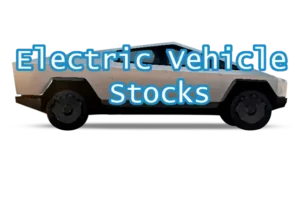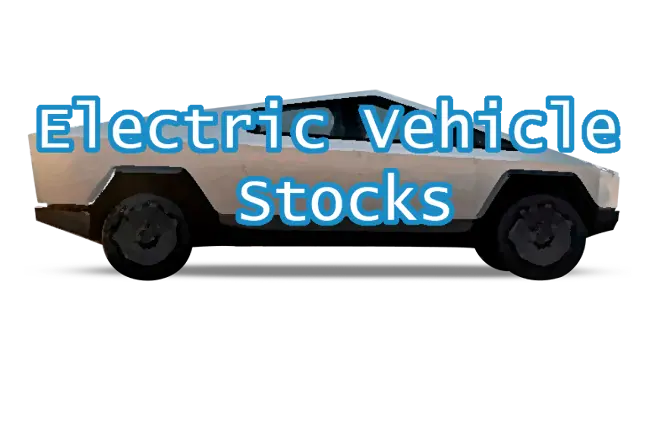Introduction:
The global transition to electric vehicles (EVs) presents a significant opportunity for investors to participate in the growing electric vehicle supply chain. As the demand for electric vehicles continues to rise, investing in components and manufacturing processes related to EV production can lead to substantial financial returns. In this article, we explore the potential opportunities for investors in the electric vehicle supply chain, focusing on components and manufacturing investments.
- Battery Technology and Manufacturing:
Investing in battery technology and manufacturing is a key area within the electric vehicle supply chain. Batteries are a critical component of EVs, and advancements in battery technology are essential for improving range, charging speed, and overall performance. By investing in battery technology research, development, and manufacturing, investors can contribute to the growth of the EV market. This includes investing in battery cell production facilities, battery management systems, and materials innovation to improve energy density, safety, and cost efficiency.
- Electric Motors and Power Electronics:
Investing in electric motors and power electronics presents another significant opportunity within the EV supply chain. Electric motors are essential for the propulsion of electric vehicles, and power electronics control the flow of electricity within the vehicle. Innovations in motor technology and power electronics can lead to improved efficiency, performance, and cost-effectiveness. Investors can explore opportunities in motor and power electronics manufacturing, including investing in motor design, motor control systems, and power semiconductor technologies.
- Charging Infrastructure:
The expansion of the electric vehicle market depends on the availability and accessibility of charging infrastructure. Investing in charging infrastructure manufacturing and deployment can contribute to the growth of the EV supply chain. This includes investing in the manufacturing of charging stations, charging cables, and associated hardware. Additionally, investing in smart charging solutions, such as vehicle-to-grid (V2G) technologies and advanced charging management systems, can further enhance the charging infrastructure ecosystem.
- Lightweight Materials and Vehicle Design:
Investing in lightweight materials and vehicle design technologies is crucial for optimizing the efficiency and range of electric vehicles. Lightweight materials, such as carbon fiber composites and aluminum alloys, can reduce vehicle weight and improve energy efficiency. Investing in the development and manufacturing of lightweight materials, as well as vehicle design optimization, can lead to more energy-efficient EVs with extended range. Opportunities include investing in material research, manufacturing processes, and partnerships with automakers for innovative vehicle designs.
- Supply Chain Integration and Logistics:
Investing in supply chain integration and logistics is vital for streamlining the production and distribution of electric vehicles. This includes investments in inventory management, just-in-time manufacturing, and strategic partnerships to optimize the supply chain. By investing in supply chain integration, investors can contribute to cost efficiencies, reduced production lead times, and improved scalability, which are essential for the growth and competitiveness of the EV market.
Conclusion:
Investing in the electric vehicle supply chain, specifically components and manufacturing, presents significant opportunities for investors. By focusing on battery technology, electric motors, power electronics, charging infrastructure, lightweight materials, vehicle design, and supply chain integration, investors can contribute to the growth of the EV market while generating financial returns. The expansion of the electric vehicle market relies on advancements in these areas, and strategic investments can position investors at the forefront of the electric mobility revolution. As the demand for electric vehicles continues to increase, investing in the electric vehicle supply chain is a promising avenue for driving sustainable transportation and capitalizing on the evolving market dynamics.


